


As you surface from an hour inadvertently frittered away… you’d be forgiven for assuming that the damage, in terms of wasted time, was limited to that single misspent hour.
But you’d be wrong.
Because the attention economy is designed to prioritize whatever’s most compelling — instead of what’s most true, or most useful — it systematically distorts the picture of the world we carry in our heads at all times. It influences our sense of what matters, what kinds of threats we face, how real our political opponents are, and thousands of other things — and all these distorted judgements then influence how we allocate our offline time as well…
So it’s not simply that our devices distract us from more important matters. It’s that they change how we’re defining “important matters” in the first place.
From Oliver Burkeman’s Four Thousand Weeks 📚. If this is true (and I think it is) then its effects are proportional to the degree to which an individual (or community) in question is “very online”. Blue-check journalism Twitter springs very much to mind here.

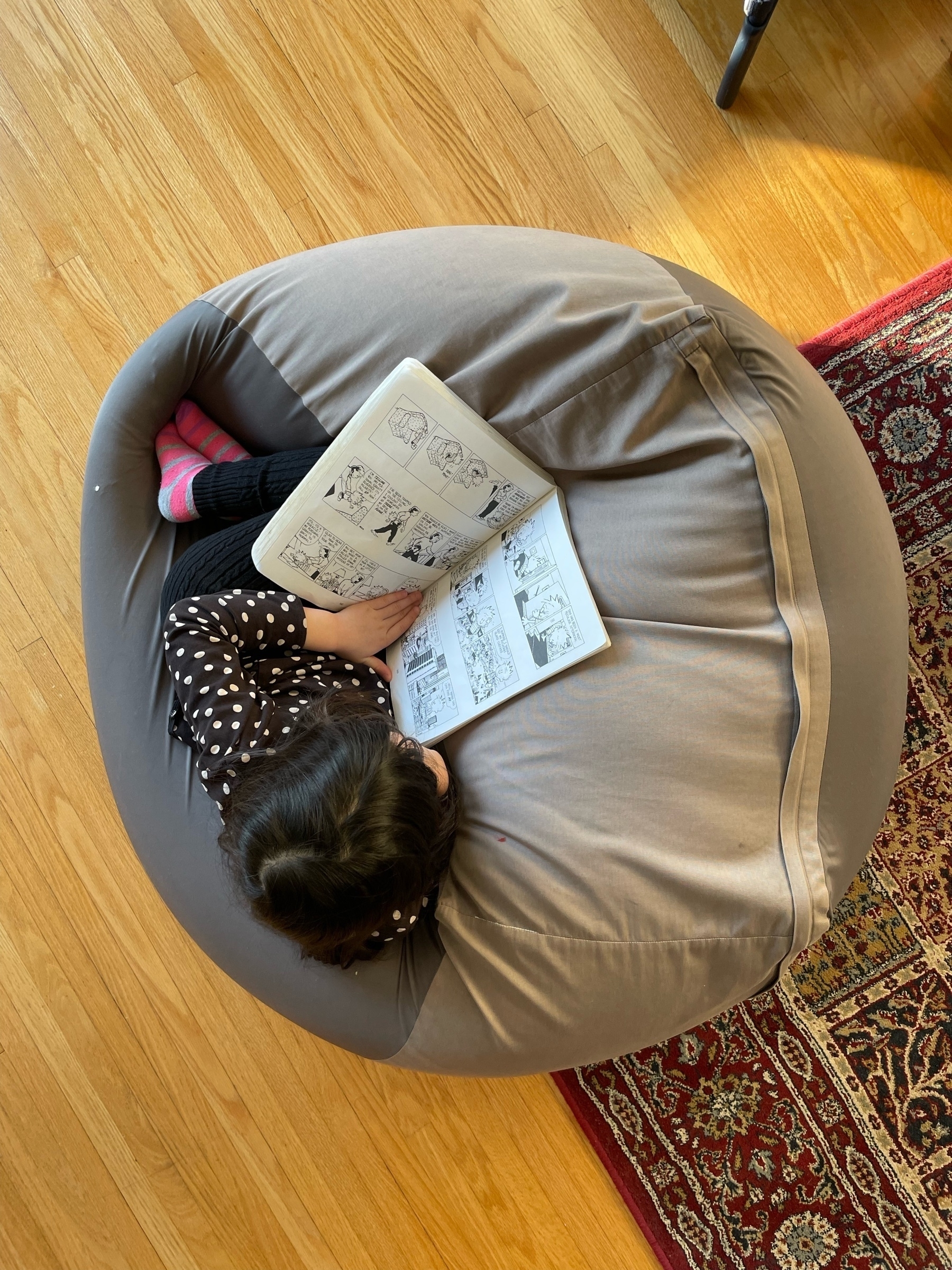
This story by Lauren Groff is my favourite thing I’ve read in a while. 📚
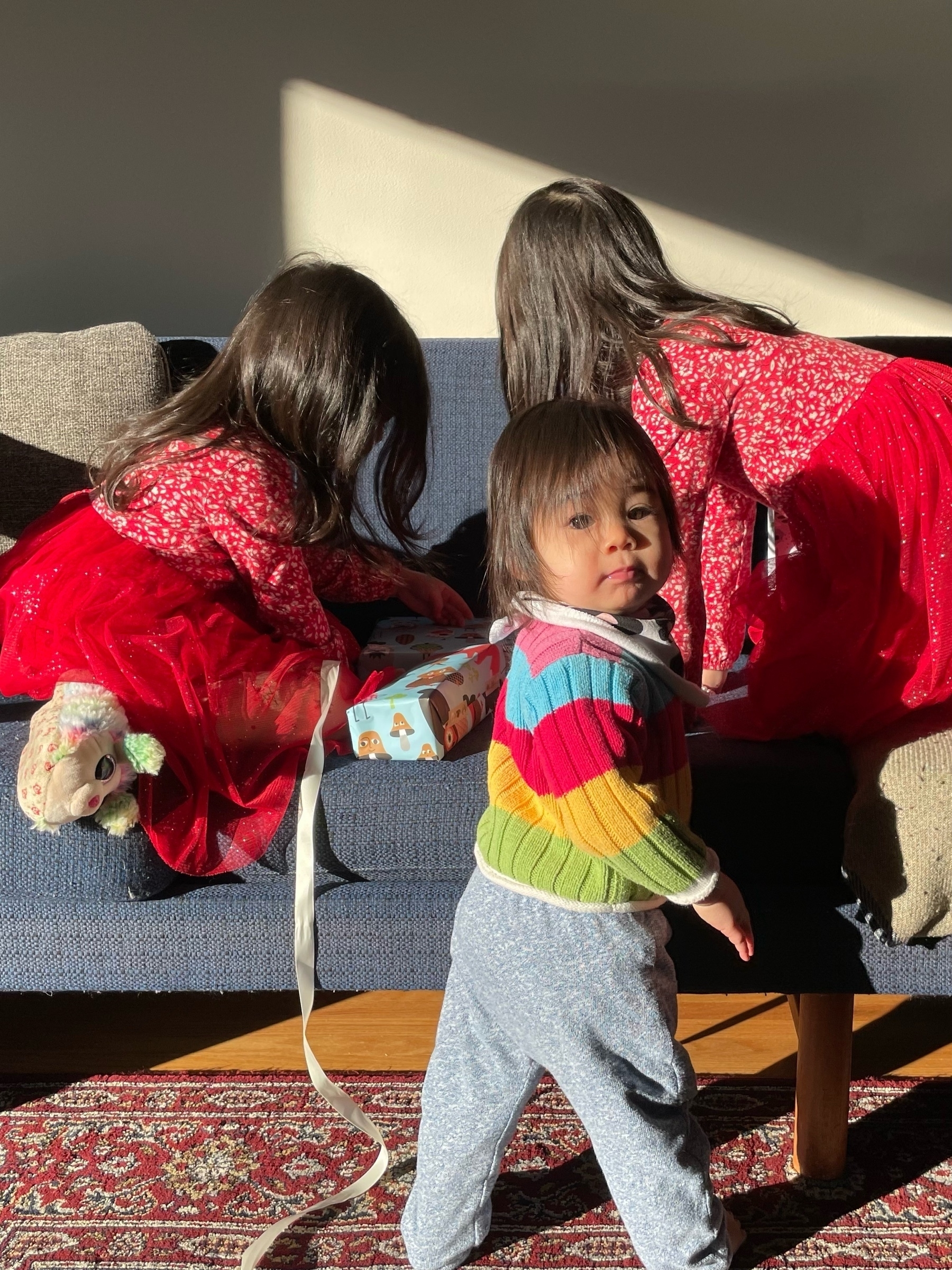
From the kitchen, the smell of bread lifts, smooth white rolls speaking careful English for the family, brown loaves laughing in Irish for everyone else.
From Doireann Ní Ghríofa’s A Ghost in the Throat 📚
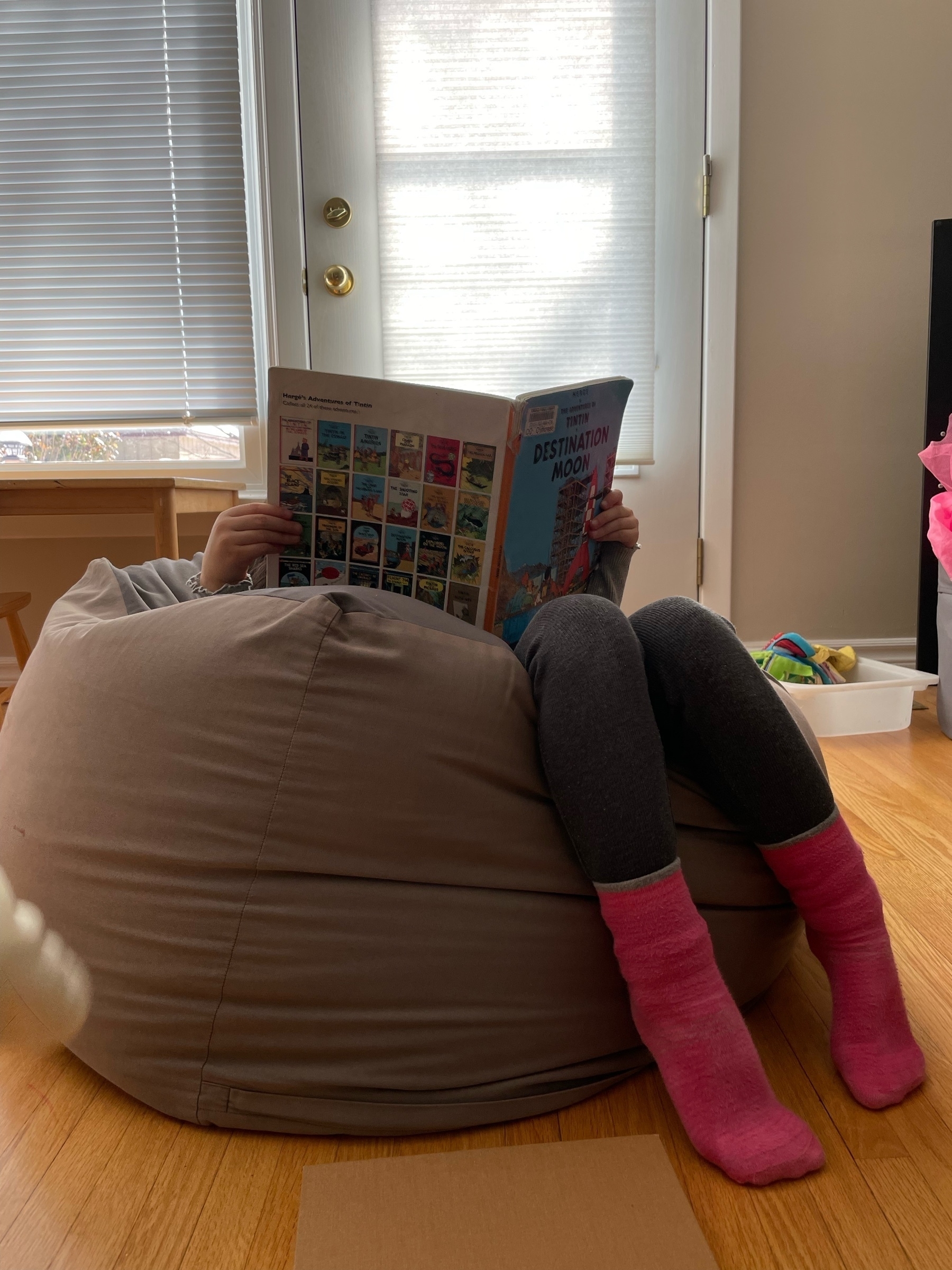
Stars have always done asset-based wealth building, just like any other rich person, but quietly—celebrities who buy up rental properties or fast-food franchises generally have not sought public praise for becoming landlords, or for extracting wealth from the labor of the working poor.
Now everyone from Justin Bieber to Shaq wants to be treated as a cultural visionary for placing six-digit bets on the long-term value of a digital receipt for an ugly cartoon, and they want you to know this is the new cool thing, and there’s still time for you to get in on the ground floor.
If Hilton and Fallon and their celebrity friends are going to go out there and pump-and-dump their way to additional wealth, they could at least do the rest of us the courtesy of being a little more discreet about it.
📚 Finished Trust by Domenico Starnone. I was struck by two things: first, the success with which Starnone renders Pietro both insecure and assured; second, the way he builds around the central conceit (a shared, shameful secret) so successfully he ends up not relying on it at all.
🤒
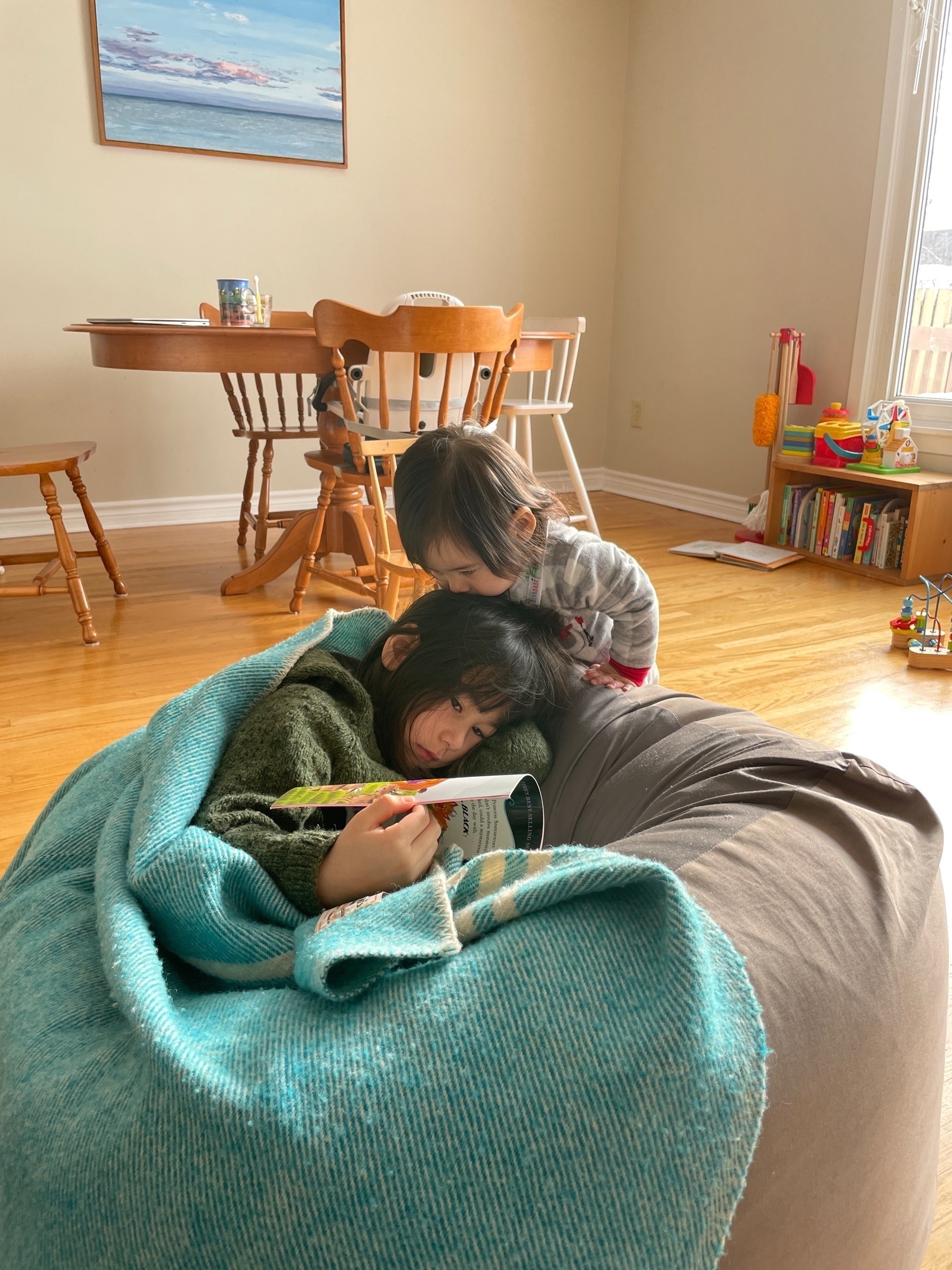
I’ve been using a Keychron K4 for the last two years. I love it, but I’ve started getting a little bit of pain in my right hand (between my index and middle finger). I switched back to an Apple wireless keyboard and things have improved somewhat; hopefully temporary!
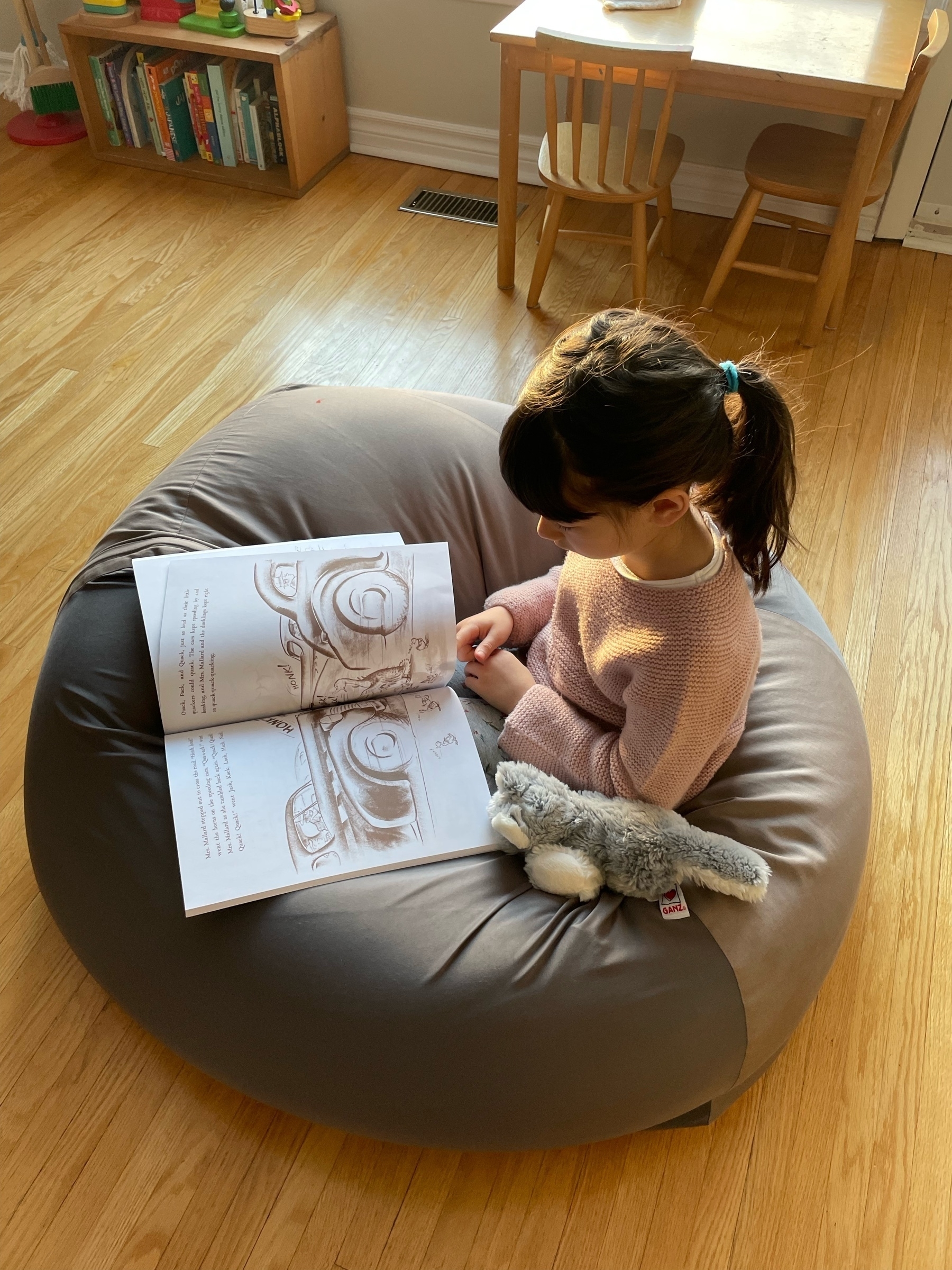
I’m working in slack for the first time; previously the company chat app was G Chat.
One thing I miss: in Chat you could schedule a “do not disturb” status that would have a little red indicator, mute notifications, and stay that way regardless of your activity. I always had it on after hours - that way I never felt any of the pressure of signalling “hustling”, and I wasn’t putting any social pressure on anyone else when I did have to work late.

❄️❄️❄️

🎥🍿🎬 if anyone is looking for a new movie service to try - here’s a month free of Mubi. Selection is very good and the writeups attached to each film help. We’ve particularly enjoyed Azor and Things to Come.
Let me know if you try it out!!

People in uniform had always bothered me and when I drank I felt an absolute necessity to tell them that. I picked on anyone in uniform, even streetcar drivers, but apart from police officers my favorites were hotel doormen.
From Gianfranco Calligarich’s Last Summer in the CIty 📚
Studying trees with a new Christmas gift - the Carson PocketMicro hand held microscope 🍂🔬
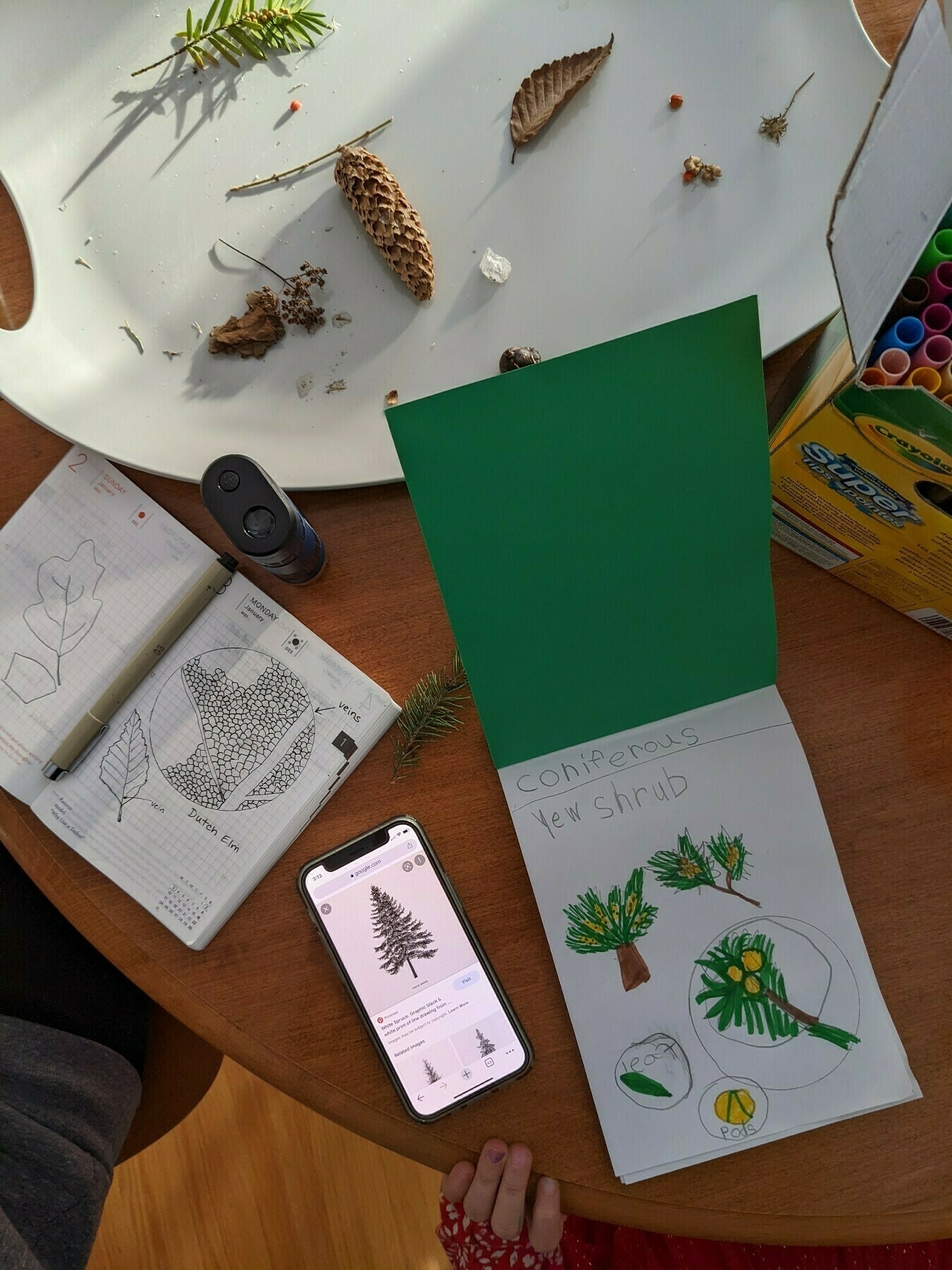
🛷 satisfaction

I got out of bed four days later and, sneezing fiercely, caught a bus and went and recovered my old Alfa Romeo, feeling as if it was a part of me that had blown off in an explosion. On the way back, I stopped to buy more aspirin and a few provisions, then shut myself in at home, determined not to go out until the world had apologized to me.
It did its best, truth be told. The days were warm and the sky a disarming blue, but in a way the very beauty of the weather merely increased my anguish.
From Gianfranco Calligarich’s Last Summer in the CIty 📚
🛷 anticipation
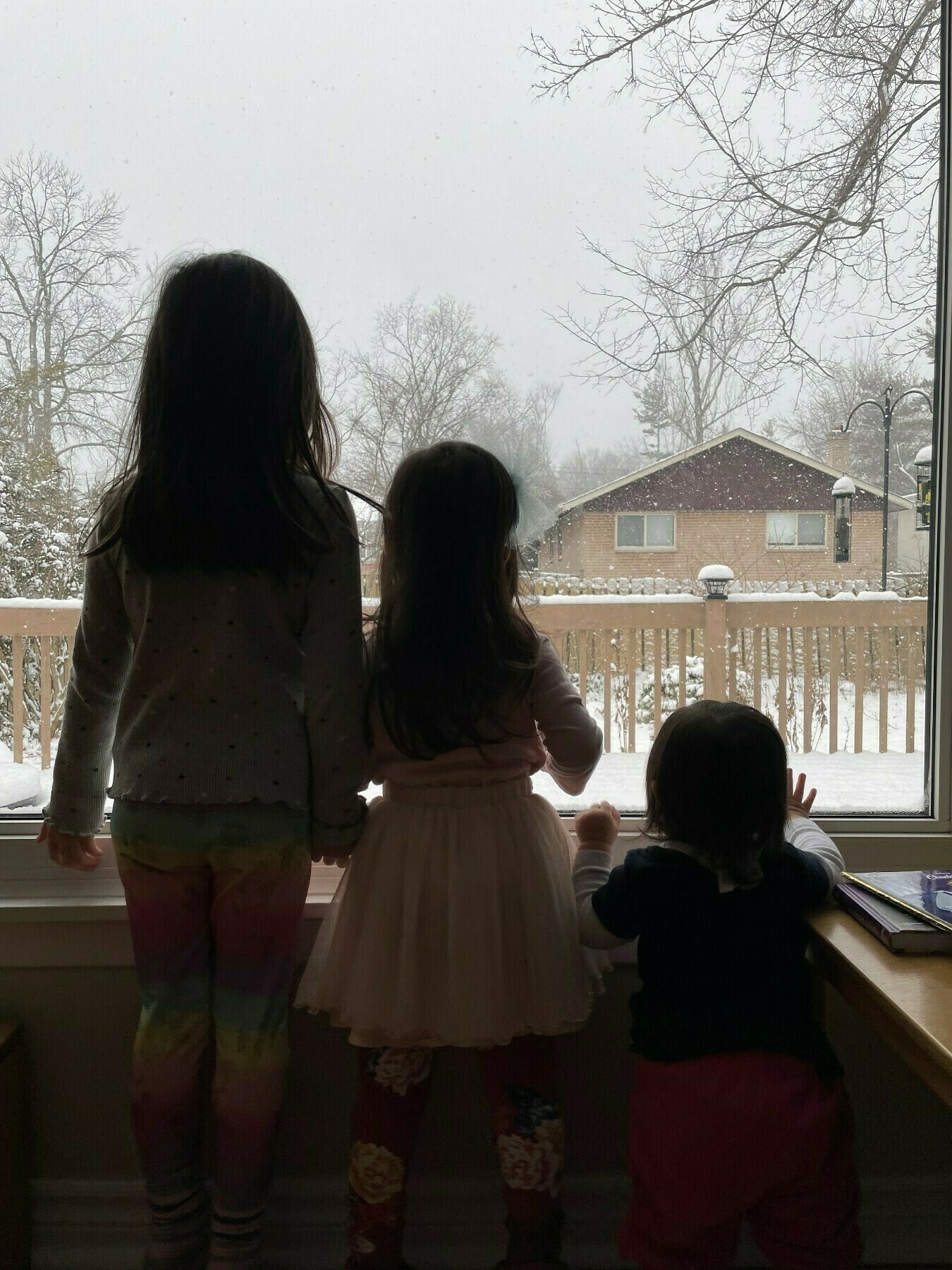
I’ve been doing some prep reading over the last few weeks to get ready for a new job. Some of these are close reads, some of these are more for skimming, but I’ve gotten something valuable out of all of them.
Intro to Venture Capital
Refreshing Scrum / Agile Knowledge Base
Startups and Entrepreneurship
Thinking about DevOps / MLOps +
General Work Stuff
Powering down a work computer for the last time an hour before New Years feels right 🥃